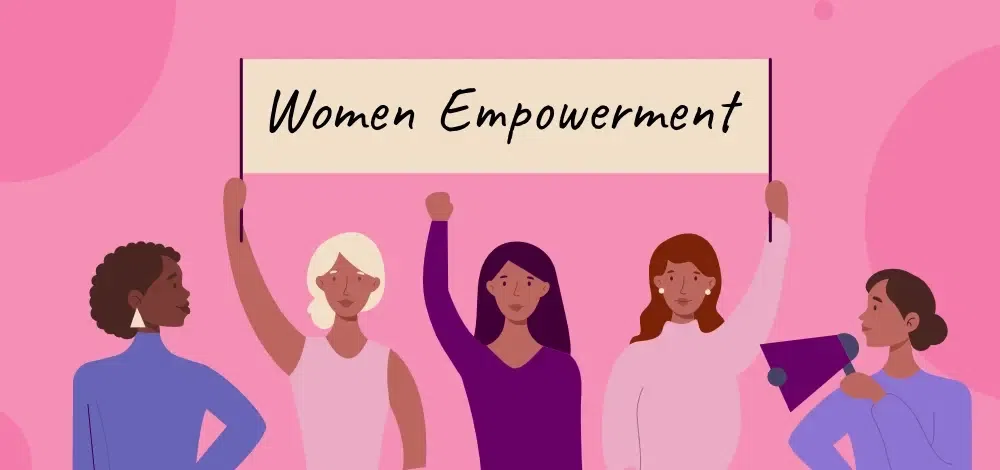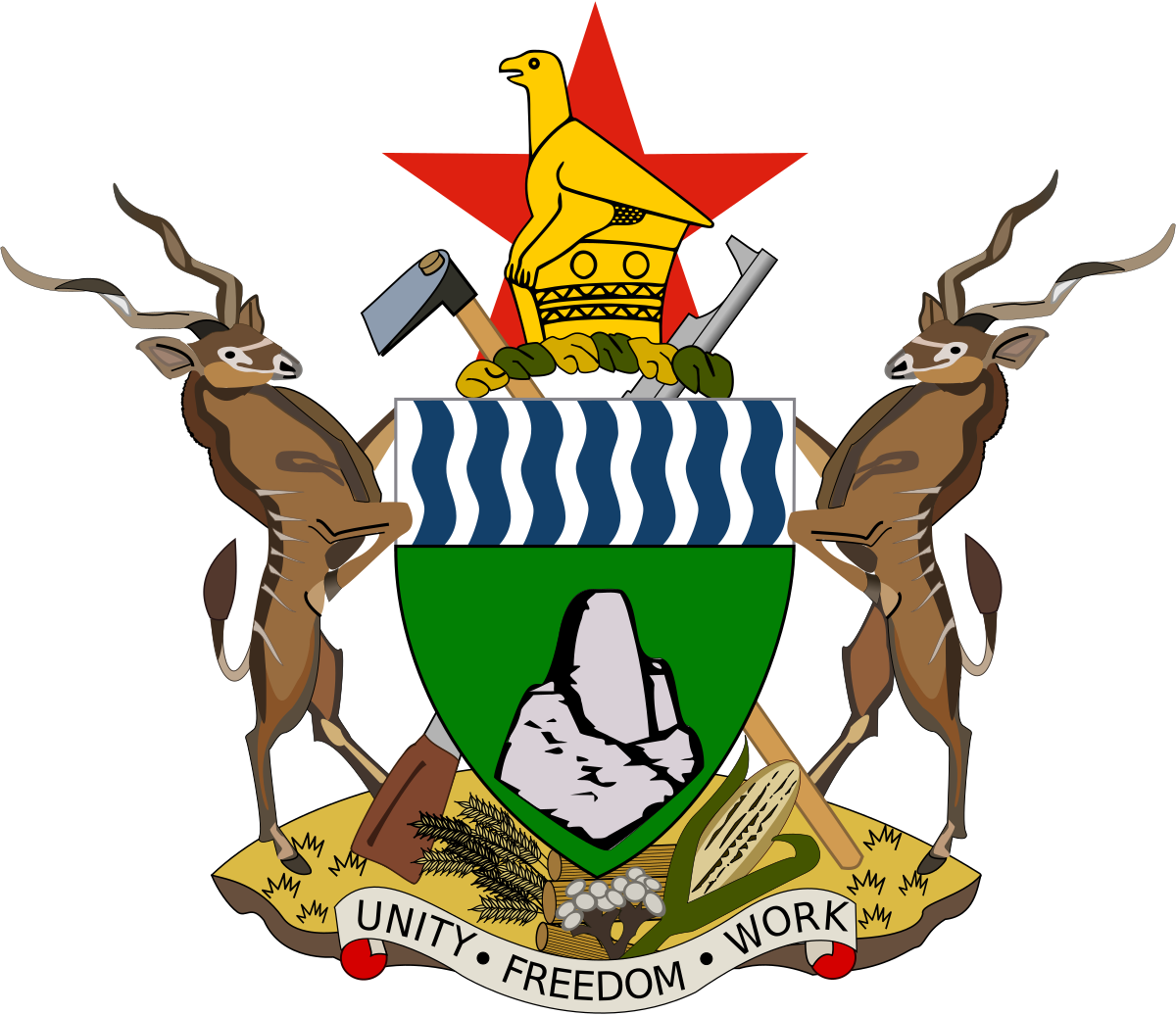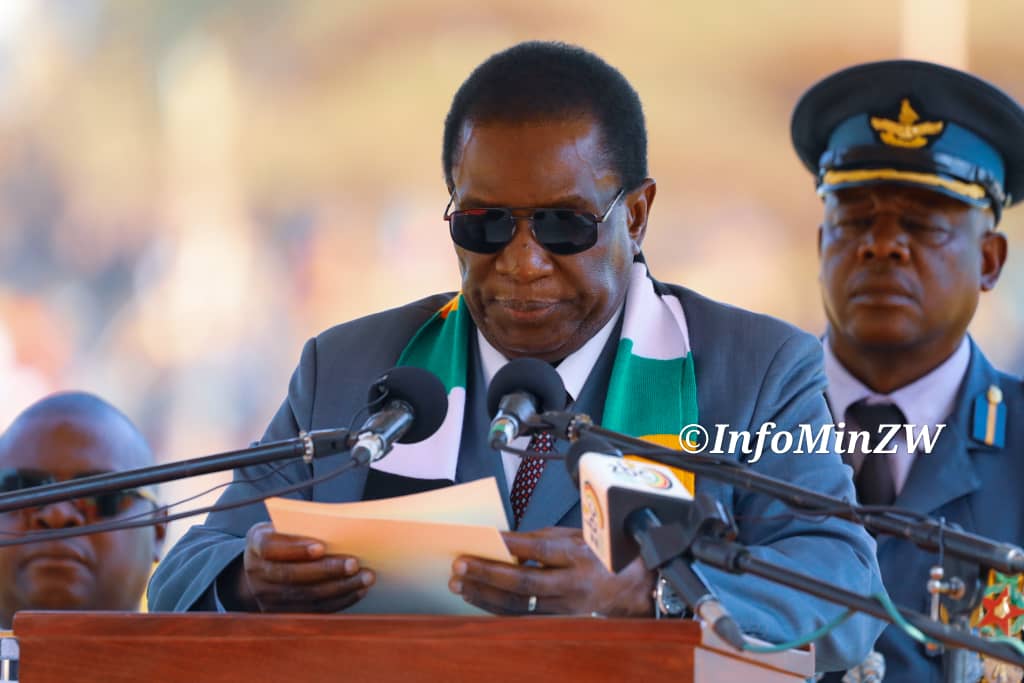Empowered women key agents to building more resilient communities.
Share

An empowered woman is a key agent of change and can participate meaningfully in building communities more
resilient to both natural and man-made disasters, a cabinet Minister has said. Women Affairs, Community, Small and Medium Enterprises Development Minister Monica Mutsvanga said this at a Gender Disaster Risk Management
Stock-taking workshop in the capital recently.
She said about 40 percent of the global population is living with harsh realities of climate change, high temperatures, drought, flooding and many other weather events. “Zimbabwe has not been spared. We have faced decreased agricultural production which resulted in food insecurity, poor health, scarcity of water and energy resources, climate induced migration and conflict, climate related natural disasters which have been aggravated by climate change,” said Mutsvangwa.
“Gender disaster risk management is an issue of utmost importance. Disasters, whether natural or man-made, have potential to disrupt our lives and destroy infrastructure like how roads, bridges, dams, schools, houses and clinics were destroyed during Cyclone Idai in March 2019.”
Mutsvangwa said disasters exacerbate existing inequalities and disproportionately affect women, girls, men and boys in different ways. “Violence against women and young girls is also a factor during the post-disaster. Evidence shows that during the Cyclone Idai disaster= which happened in 2019, more women than men reported losing their
livelihoods and their lives. And during Covid-19 many women and girls faced gender based violence and we witnessed more teenage pregnancies,” she explained.
“Gender also intersects with other factors like disability, culture, religion or social economic disadvantages creating additional vulnerabilities and barriers to adaptation.” She said there is need to support women and girls by providing an enabling environment, changing harmful and unequal power relations, transforming harmful structures and social norms for them to exercise their capabilities.
Civil society organisations, the private sector, women’s groups, international agencies, and the government should share knowledge resources and best practices that bring about inclusive gender transformative disaster risk mitigation strategies, she said.
“We need collective effort to build knowledge, skills, and capabilities and to create opportunities for people of gender to achieve a safer and more inclusive world,” said Mutsvangwa.
New Ziana








